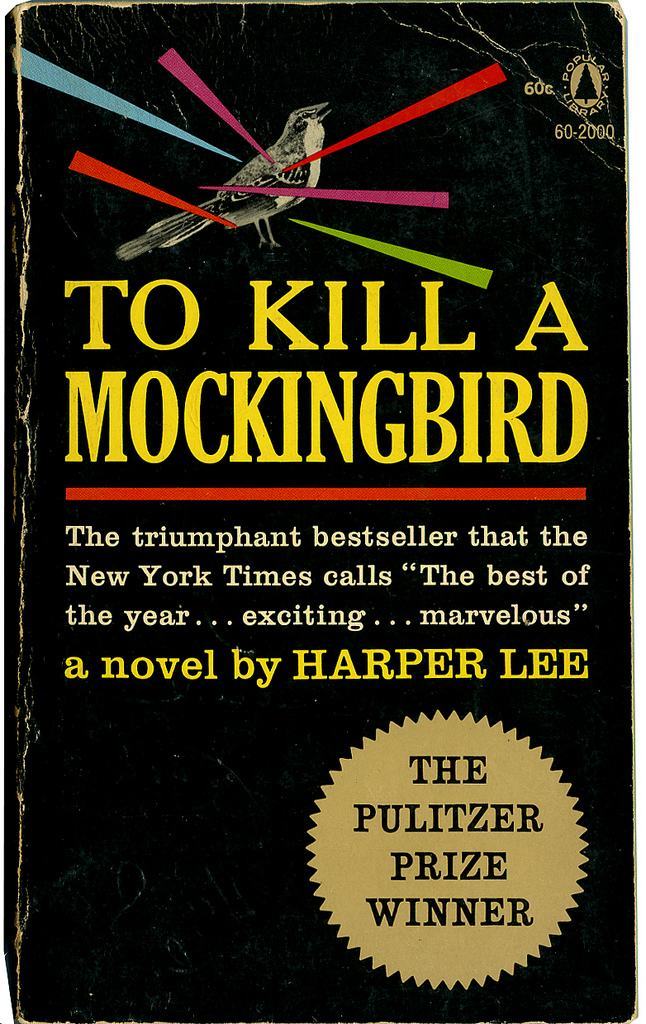A writer’s guide to freedom of speech and press in America
People in the United States enjoy some of the strongest legal protections on their speech and writing in the world. Saying some things is illegal, though, and others open you to getting sued. There’s a lot of misinformation around on what is and isn’t considered free speech. Here’s a quick rundown of some common claims. 
Standard disclaimer: This isn’t legal advice. It’s my best understanding. See a lawyer when in doubt. In some cases, I’ve cited court cases you can look up and study.
(more…)
